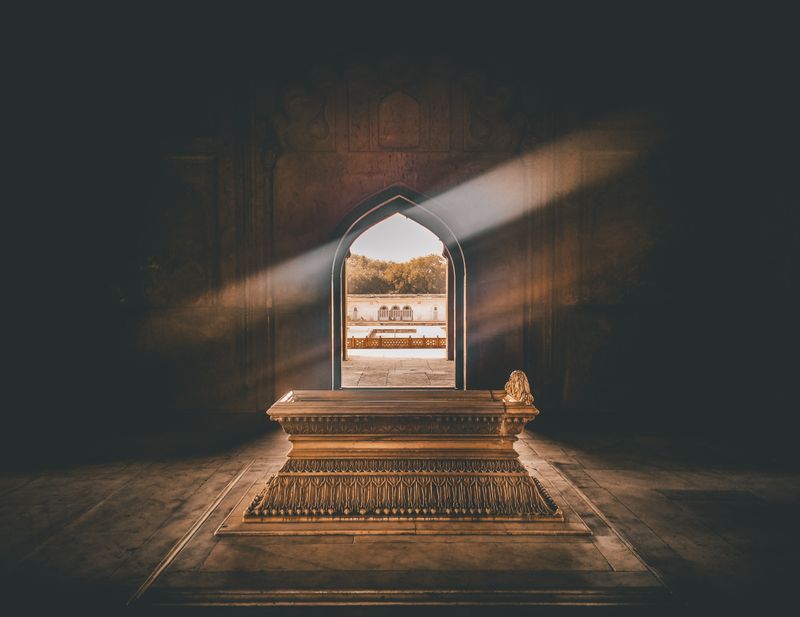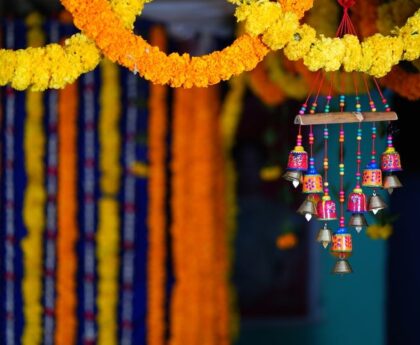Indian Independence Day: A Celebration of Freedom and National Identity
On August 15th, Indians around the world celebrate Indian Independence Day, a national holiday that commemorates the country’s liberation from British colonial rule. This annual celebration has been held since 1947 when the Indian Independence Act came into force, granting India the right to govern itself. As India marks its 76th anniversary of independence this year, it is important to reflect on the historical significance of this day and understand the ways in which it is celebrated.
The Fight for Liberation
The British first established their presence in India during the 1600s and gradually expanded their control. By 1858, India was governed directly by the UK. However, after the devastation of World War II, Britain could no longer afford to administer the country and began considering ways to grant it independence. The process of partition, which divided India into two separate entities – India and Pakistan – was based on religious lines and led to widespread violence and displacement.
The partition decision, carried out by British lawyer Sir Cyril Radcliffe, resulted in the largest population movement in history, with millions of people forced to relocate to areas based on their religious beliefs. As a consequence, numerous massacres occurred, leading to the deaths of up to a million refugees. Despite these challenges, India and Pakistan were granted independence on separate days, with India gaining independence on August 15th, 1947.
The Significance of Indian Independence Day
Indian Independence Day holds great historical and cultural significance for the people of India. It symbolizes the triumph of freedom over colonial oppression and serves as a reminder of the sacrifices made by countless individuals in the struggle for independence. This day is an occasion for Indians to reflect on their nation’s journey and celebrate their shared national identity.
Philosophical Discussion: Freedom and Nationhood
Indian Independence Day raises intriguing philosophical questions about freedom and national identity. The concept of freedom is fundamental to our understanding of human rights and dignity. It is the ability to govern oneself, determine one’s destiny, and exercise agency without arbitrary restrictions. For India, independence represented the restoration of these fundamental rights and the opportunity to shape its own future.
Moreover, Indian Independence Day underscores the idea of nationhood and the creation of a collective identity. Nations are not simply geographic boundaries or political institutions; they are social constructs that provide individuals with a shared sense of belonging and purpose. The celebration of Indian Independence Day reinforces this collective identity and the bonds that unite Indians, both in India and across the world.
The Celebration of Indian Independence Day
The Indian Independence Day celebrations are marked by various events and activities that reflect the joy, pride, and unity of the Indian people. The day is declared a national holiday in India, allowing citizens to participate in the festivities without hindrance. Here are some notable aspects of the celebration:
Government Ceremonies and Speeches
The day begins with official government ceremonies, predominantly in the capital city, where the Prime Minister delivers a speech reflecting on the country’s accomplishments and outlining future goals. The theme for this year’s celebration is “Nation First, Always First,” emphasizing the country’s commitment to prioritize its interests and welfare above all.
Flag-Hoisting and Parades
The Indian national flag, known as the “Tricolor,” is hoisted above government buildings, schools, and public places as a symbol of national pride and unity. Parades take place in various cities, featuring military displays, cultural performances, and vibrant floats representing the diverse cultural heritage of India.
Local Celebrations and Traditions
Indian communities across the country and around the world organize their celebrations, showcasing their unique traditions and customs. Street parties, cultural programs, and community gatherings are held to foster a sense of camaraderie and reinforce the spirit of independence. Many families also light lanterns in front of their homes, symbolizing the triumph of light over darkness.
Kite-Flying and Symbolism
Kite-flying has become a popular activity on Indian Independence Day, symbolizing the freedom of spirit and the soaring aspirations of the Indian people. Colorful kites fill the sky, creating a sense of jubilation and freedom.
Participating in the Celebrations
For those interested in joining the Indian Independence Day celebrations, there are various ways to get involved. In London, for example, flag-flying ceremonies are organized at churches and Indian places of worship to mark the occasion. Additionally, community events such as musical performances, food festivals, and sporting matches can provide opportunities for engagement and cultural exchange.
While it may not be possible for everyone to attend official events, individuals can still celebrate Indian Independence Day in their own way. This could involve learning more about India’s history, watching films or documentaries that explore the struggle for independence, or participating in local community initiatives that promote unity and inclusivity.
The Significance of Indian Independence Day Today
Indian Independence Day serves as a reminder of the value of freedom and the importance of maintaining democratic principles. It is an occasion to honor the sacrifices of the past and renew the commitment to creating a just, inclusive, and prosperous society for all. As India continues to evolve, grappling with contemporary challenges and opportunities, the celebration of its independence offers an opportunity for introspection, reflection, and collective action.
As the world witnesses India’s vibrant democracy, diverse cultural heritage, and significant economic growth, Indian Independence Day stands as a testament to the indomitable spirit and resilience of its people. It is a day to cherish the past, celebrate the present, and shape the future, while never forgetting the struggles that brought India to where it is today.

<< photo by Jeswin Thomas >>
The image is for illustrative purposes only and does not depict the actual situation.




